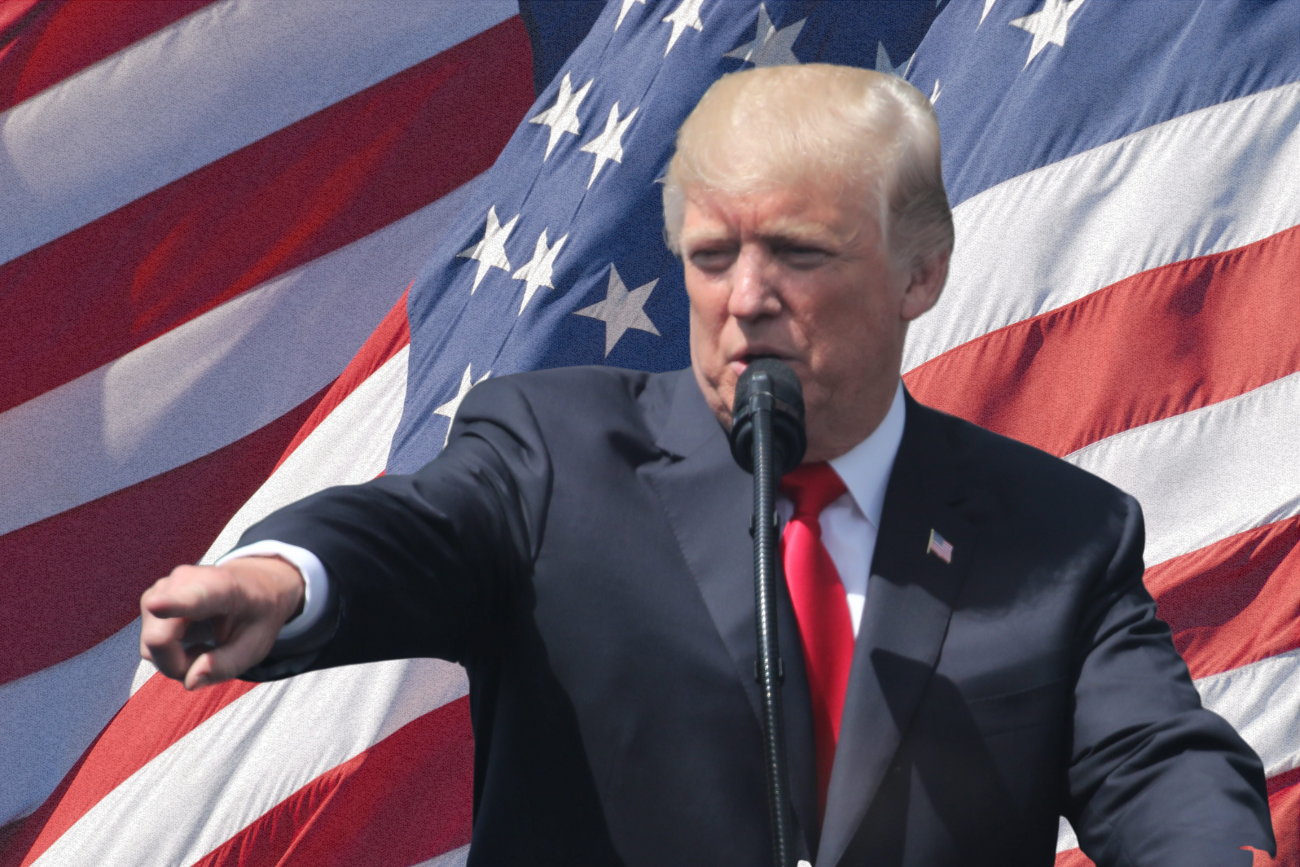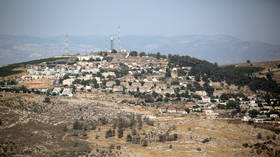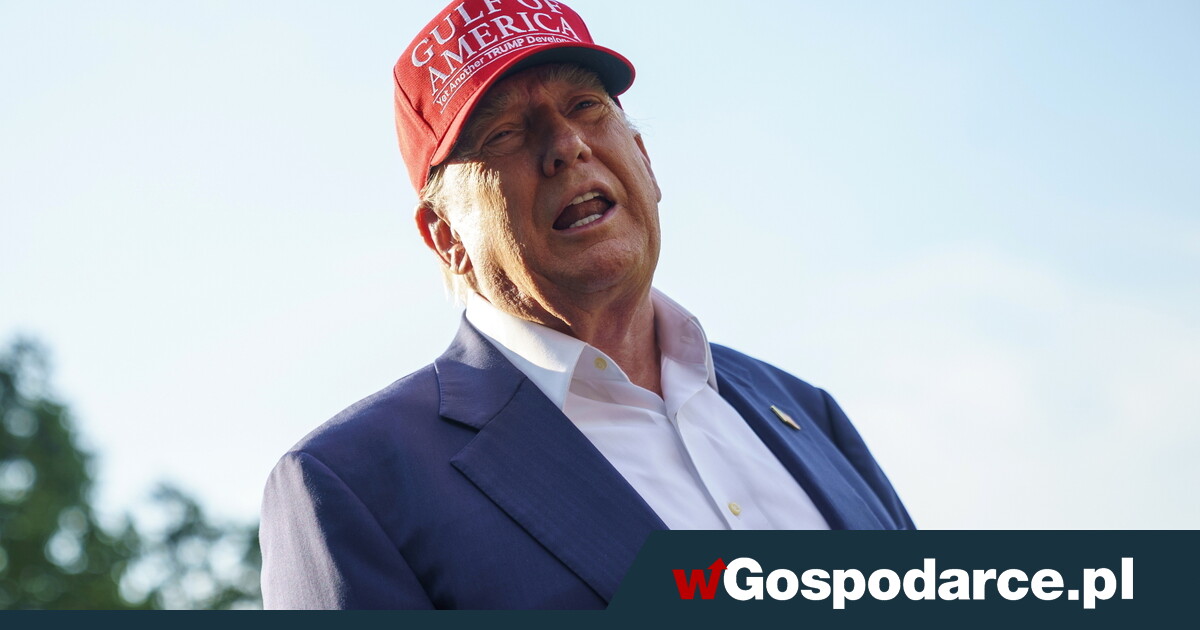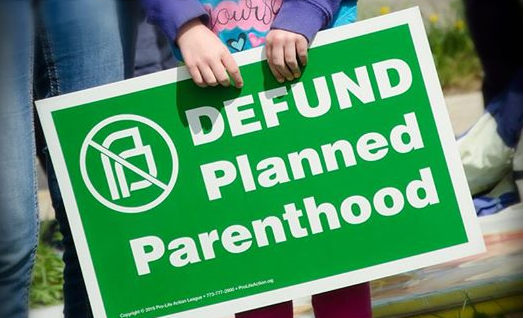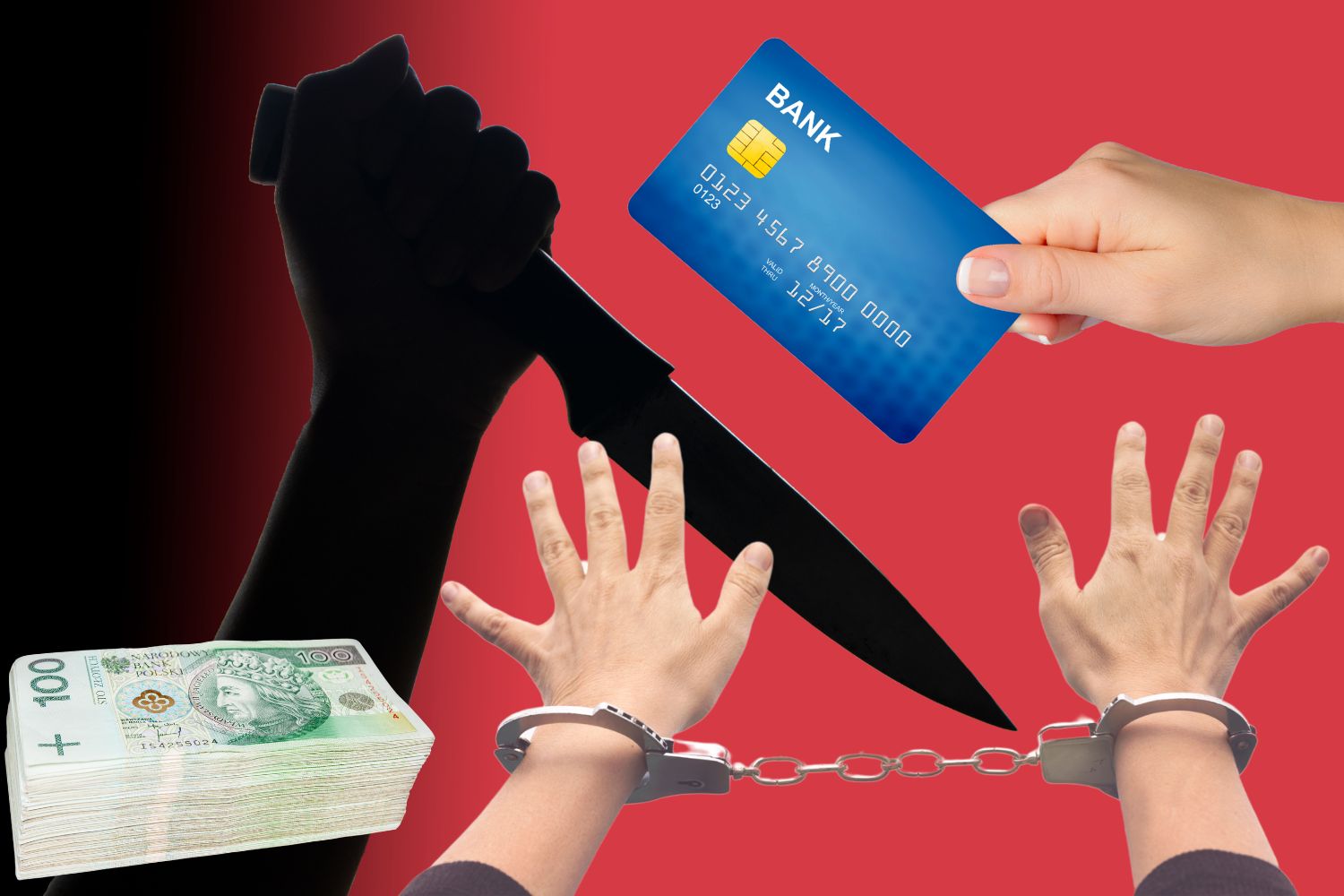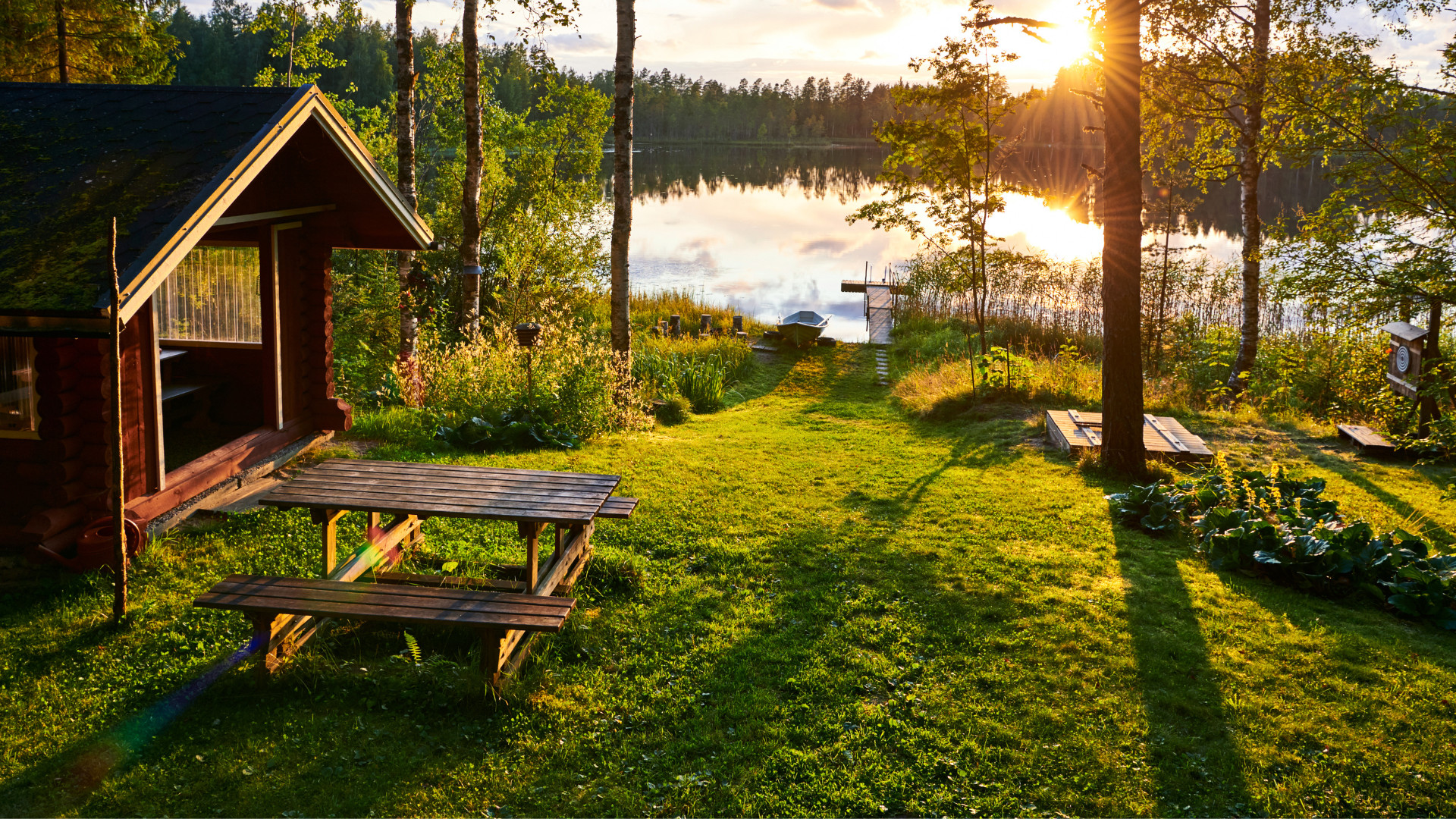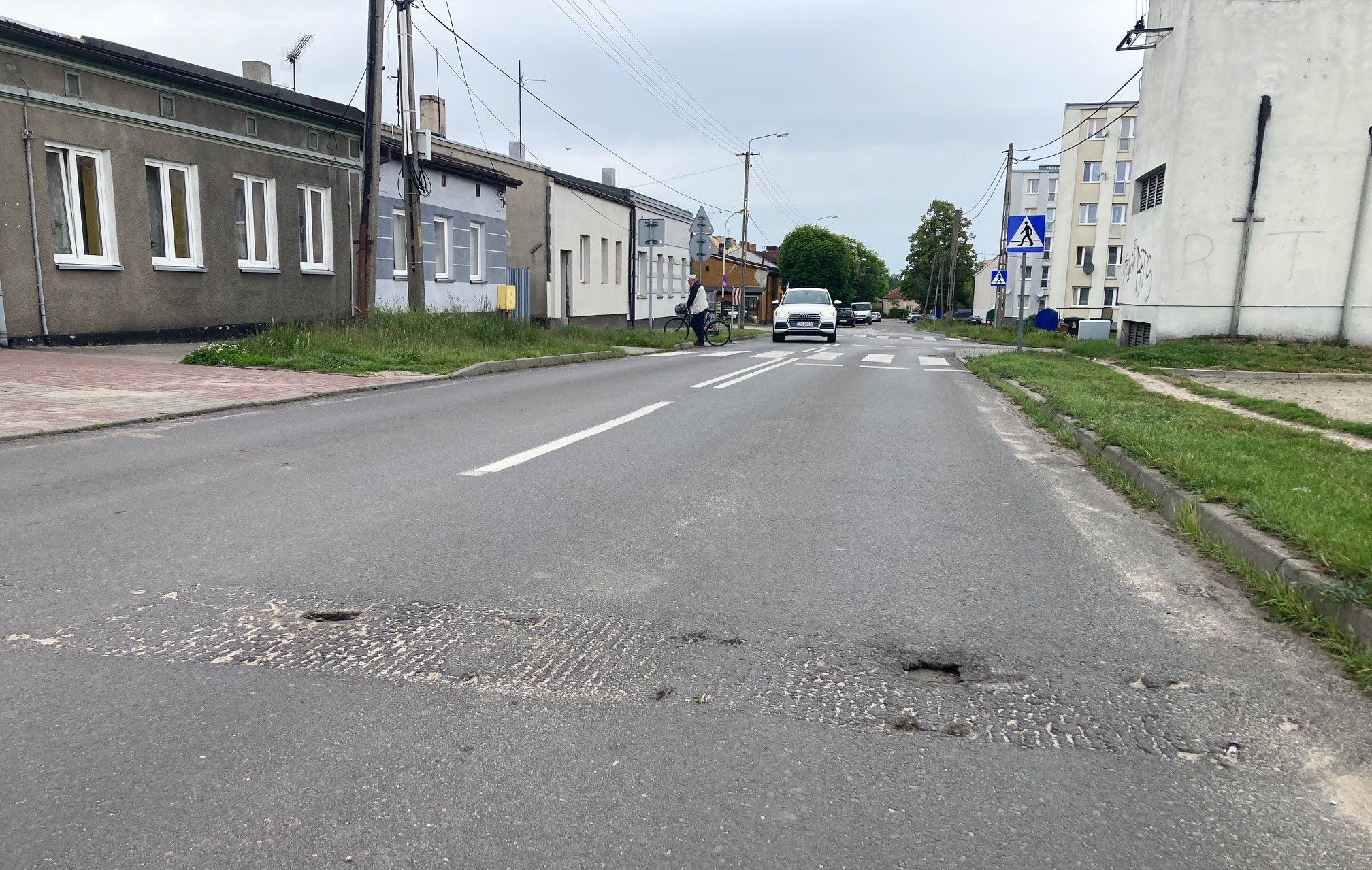
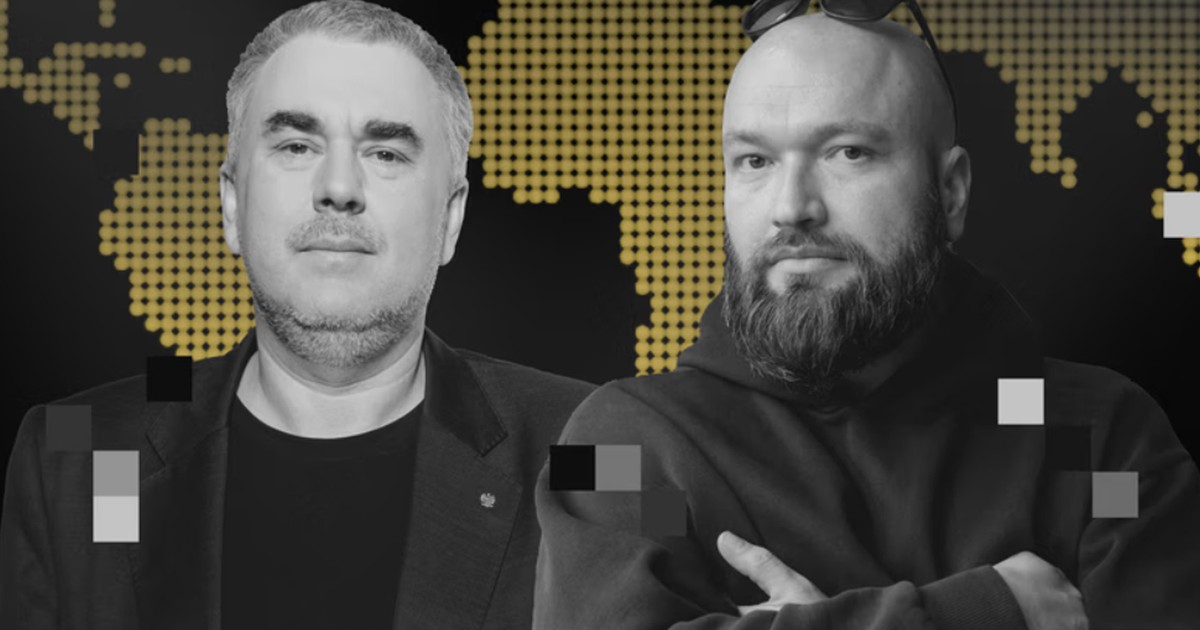
The podcast besides mentions the text from the prestigious bimonthly "Foreign Affairs" which explains why China and Russia were fighting conventional Pax Americana And they're not afraid of Pax American in Donald Trump's version.
The difference between what was, and what Donald Trump intends to introduce, is that once, whenever Moscow or Beijing tried to increase their influence anywhere in the world, they hit an ally of the United States, which, due to his relation with Washington, did not let itself to be approached by either Russia or China. Currently, erstwhile Donald Trump blows up an alliance system, both Russia, as well as China, have far greater opportunities to act.
In the podcast there is besides a subject of an always worse situation at the front in Ukraine, with both leaders clearly stressing that the situation at tactical level is constantly being discussed. In another words, it is real to lose the full Donbass, but there is no indication that the Russians should break Ukrainian defence and endanger Ukrainian statehood.
Witold Jurasz: Poland should never ask the Germans for it again
Leading global study They besides discuss the article, which was published in the German paper “Die Welt” on 26 January, which concerns the thought of building a monument to Polish victims of German Nazism in Berlin. The author of the article, quoting 1 of the most friendly German politicians in Poland, states that the monument will not be built in 2025, due to the fact that “there is no money for it”. Both Zbigniew Parafianovich and Witold Juras full agree with this opinion, and are deeply, even unobtrusively, convinced that the richest state of Europe would not be able to drain the tremendous resources needed to build 1 monument.
Witold Jurasz notes that the text quotes the Polish historian Agnieszka Wierzchowska, who states that the problem with the monument is not limited to money, but besides to the fact that it would include “the pogrom perpetrators in Jedwabne”.
The problem, as Juras notes, is that the monument in question is to be a monument to Polish victims, not to the Polish people. Therefore, the thesis that he would honor the perpetrators of the Jedwabne crimes is absurd due to the fact that the Jedwabne murderers were not victims, but beneficiaries of the German occupation. The conclusion that both of the podcast leaders draw is that the Germans usually do not want to build a monument to Polish victims. In the background, as all this indicates, there is the thought that Polish-Jewish and Polish-Israeli relations should be tightened erstwhile building the monument.
In the opinion of the authors of the podcast, Poland should clearly tell the Germans that if they always want to honor the memory of about 2 million non- Jews of Polish victims of planet War II, let them do so, but Warsaw should never ask Germans for it again. The gestures of respect are not negotiated. Either individual wants to do it or not.
Continuing the subject of Polish-Jewish affairs, Witold Jurasz notes Jarosław Kurski's text in “Gazeta Wyborcza”, in which the editor of Kurska emphasizes the merits at the same time he criticizes prof. Jan Grabowski and states that 1 can feel guilty about Jedwabne and To be arrogant of the Ulm family. Zbigniew Parafianovich and Witold Juras emphasize that the above said, “before this became fashionable.”
Sister of Karol Nawrocki
The following part of the podcast mentions the interview of the fresh Syrian president Ahmed al-Shara for the weekly "The Economist", which shows that democracy in Syria will be, but it is not known erstwhile and what it is. Sadly, the program’s lead states that democracy is perhaps, as is the overthrown Baszar al-Assad, on emigration.
There is besides the subject of the trade war spoken by Donald Trump to China, but above all to allies, namely Mexico and Canada, and Donald Trump's political method, which is that it first creates conflicts and then extinguishs them and announces it as a success.
The leaders besides talk about the way, in which Polish peculiar services received admission to state secrecy of the head of Eurocorpus, General Jarosław Gromadziński.
A part of the podcast is besides devoted to "Polish-Polish records in the kisiel", i.e. reports by Tomasz Piątek about the sister of the PiS candidate for president, Karol Nawrocki, who is simply a confectionary and works at the Hilton Hotel. Zbigniew Parafianovich and Witold Jurash are the findings of Tomasz Piątek shocked (but like James Bond's drinks not mixed). If Karol Nawrocki's sister makes cakes at the hotels of the network, which inactive operates in Russia, this is proof of Nawrocki's relation with Russia. Isn't that logical?
Applicants besides mention to prosecution charges against erstwhile defence minister Mariusz Błaszczak, stating that they are... funny.
The parishioner and Juras are besides mocking the paranoia of the Polish right, which continues to "heat" the subject of the Military Counterintelligence Service agreement with the Russian FSB, but is incapable to show that any real cooperation will take place under this agreement. They besides note the hysteria of the Polish right with respect to the migration pact. On this occasion, the parishioner informs his listeners that he likes kebabs. Juras is shocked and confused this time too.
At the end of the podcast, journalists tell about the fast careers of people like Jacek Siewarawho became lieutenant colonel in 8 years, or erstwhile head of the ABW Piotr Pogonowskiwho in a year and a half advanced 19 times – from corporal to colonel. The “International Report” announces that they would have wanted it, but they knew that they would never be given it, so they became journalists.


